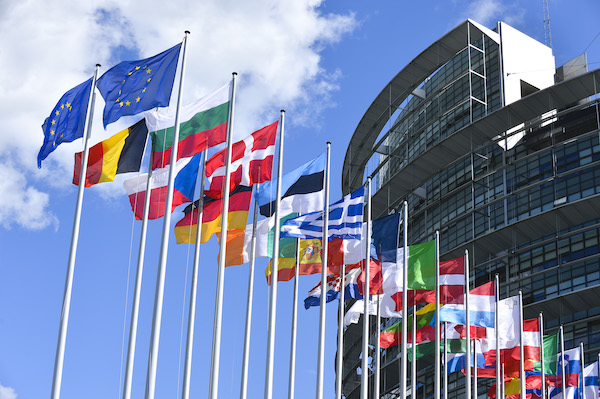In a May 2014 ruling, the Court of Justice of the European Union (CJEU) held that European users have the right to ask operators of search engines such as Google to remove certain results from queries involving their names.
Search engines must apply this decision if the links in question are "inappropriate, not or no longer relevant, or excessive" with regard to criteria of general interest such as the person's position in public life. This deletion does not mean the deletion of the information on the source website: the original content remains unchanged on the source site and is still accessible via search engines by using other search terms or by going directly to the site at the origin of the diffusion.
In application of this decision, Google removes, after evaluating the relevance of each request, the URLs in all Google search results made in Europe.
Google regularly publishes data on dereferencing requests, their nature, and the number of dereferenced URLs.
Google says it has received since May 29, 2014, for the entire European Union (plus Switzerland, Norway and Iceland) 654,808 dereferencing requests for more than 2.4 million URLs. Just over 900,000 URLs have been deleted (43%).
https://datawrapper.dwcdn.net/jWwKJ/1/
In this report, we learn that the French are at the origin of 20% of the requests to remove search results, ahead of Germany (17%) and the United Kingdom (13%).
Since 2014, nearly 400,000 Europeans have sent Google dereferencing requests, 20% of them in France, or about 80,000.
In terms of the number of applications per capita, France ranks second, behind Estonia.
This data confirms the results of several surveys that establish a strong sensitivity of the French public to the issues of personal data protection.
https://datawrapper.dwcdn.net/z8rrh/1/
Dereferencing requests in France mainly concern the exposure of personal information by directory services (reverse directories and directory aggregators, 28%) and by social networks (20%).
https://datawrapper.dwcdn.net/XXL4P/1/
Only 12% of the requests for dereferencing concern information published by media sites: significantly less than in the United Kingdom or Italy, two countries where the media are more inclined to reveal the identity of individuals when they publish articles relating to offenses or crimes. Only 1.7 percent of requests are for information published by public sites.
In January 2018, 89% of dereferral requests were from individuals, 5% were for minors. 35.1% of requesters asked for the removal of a single URL and 75.2% five URLs or less.
Google observes that a very small number of "requesters" in Europe concentrate a very large number of removal requests. The top 1,000 requesters (0.25% of all requesters) generated 14.6% of deletion requests and 20.8% of actual deletions. These are mostly law firms and reputation management agencies. 17.1% of these law firms and agencies are based in Germany, 16.0% in France, and 15.1% in the UK.
Références :





